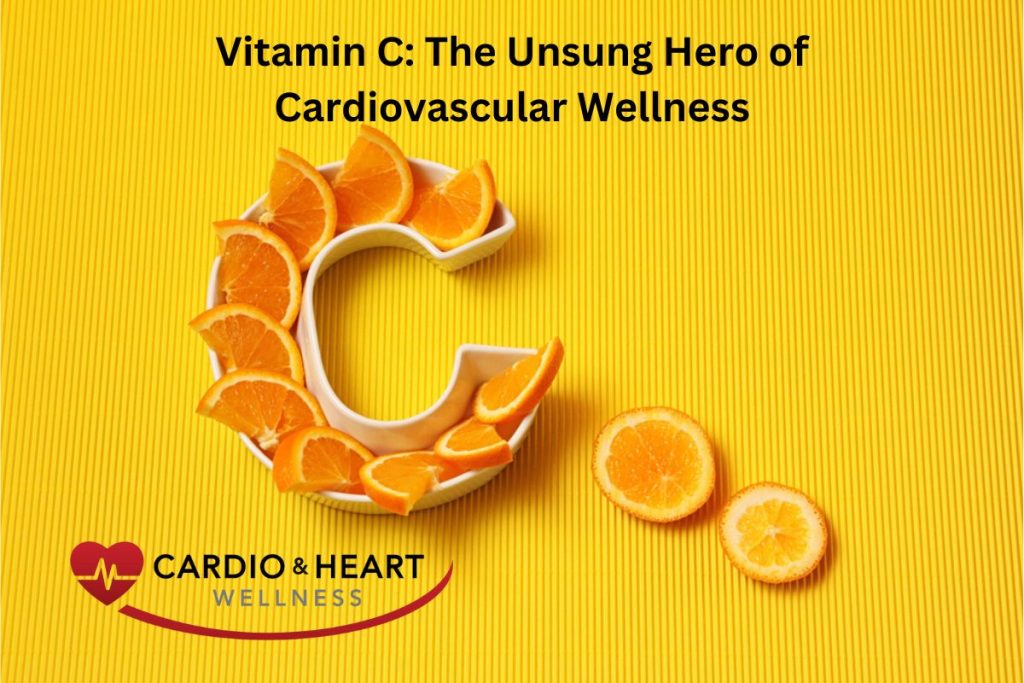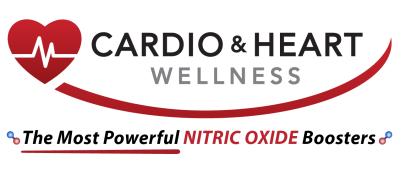
In the vibrant realm of heart health, while many elements and nutrients are often celebrated for their beneficial attributes, there’s one that stands out not only for its history of research but also for its multifaceted benefits. Vitamin C, also known as ascorbic acid, has been under the scientific microscope since the 1940s, and its connection to cardiovascular wellness is nothing short of profound. The recent upgrade of the Cardio Wellness with a generous dose of 3000 mgs of Vitamin C reaffirms its importance. Let’s dive deeper into understanding this pivotal nutrient.
The Historical Perspective
With research dating back to the 1940s, Vitamin C has been a consistent player in the field of cardiovascular studies. Over the years, a lack of Vitamin C has been associated with an alarming number of diseases, totaling 108. Out of these, we will focus on five major conditions closely related to heart health.
A Deep Dive into the Five
- Atherosclerosis and Arteriosclerosis: These two terms might sound complex, but they’re central to understanding cardiovascular health. Atherosclerosis pertains to the buildup of fats, cholesterol, and other substances in and on artery walls (soft plaque), while Arteriosclerosis refers to the hardening and thickening of artery walls. Vitamin C is not just a preventive measure; studies suggest it can halt the progression of both these conditions, combatting both soft and calcified plaque.
- Arterial Scurvy leading to Coronary Artery Disease: Scurvy, traditionally associated with sailors from centuries ago, isn’t just a historical concern. In the context of heart health, a lack of Vitamin C can cause Arterial Scurvy, a precursor to Coronary Artery Disease. This revelation underscores the significance of Vitamin C in our daily diet.
- Coronary Artery Calcium Plaque Buildup: Calcium plaque in the coronary arteries can be a silent risk factor for severe heart conditions. A consistent intake of Vitamin C can prevent this buildup, ensuring smoother, obstruction-free blood flow.
- High Triglycerides: Triglycerides are a type of fat found in the blood. High levels can increase the risk of heart disease. Vitamin C plays a role in maintaining a healthy balance, safeguarding our cardiovascular system.
- Cholesterol Dynamics – LDL and HDL: Understanding cholesterol is vital. While LDL (Low-Density Lipoprotein) is often labeled as ‘bad cholesterol’ due to its role in plaque buildup, HDL (High-Density Lipoprotein) is the ‘good cholesterol’ that directs calcium to our bones, where it’s beneficial, rather than our vessels. Vitamin C aids in lowering high LDL levels and boosting HDL, ensuring a healthy cholesterol balance conducive to heart health.
Conclusion
Vitamin C is much more than just an immune booster. Its role in cardiovascular wellness is backed by decades of research and tangible results. By understanding its multifaceted benefits and ensuring we receive an adequate daily dose, we take a proactive step towards a healthier heart and, by extension, a more vibrant life.
Always consult with healthcare professionals before making any changes to your supplementation routine, especially if you have existing health conditions or are on medication.


